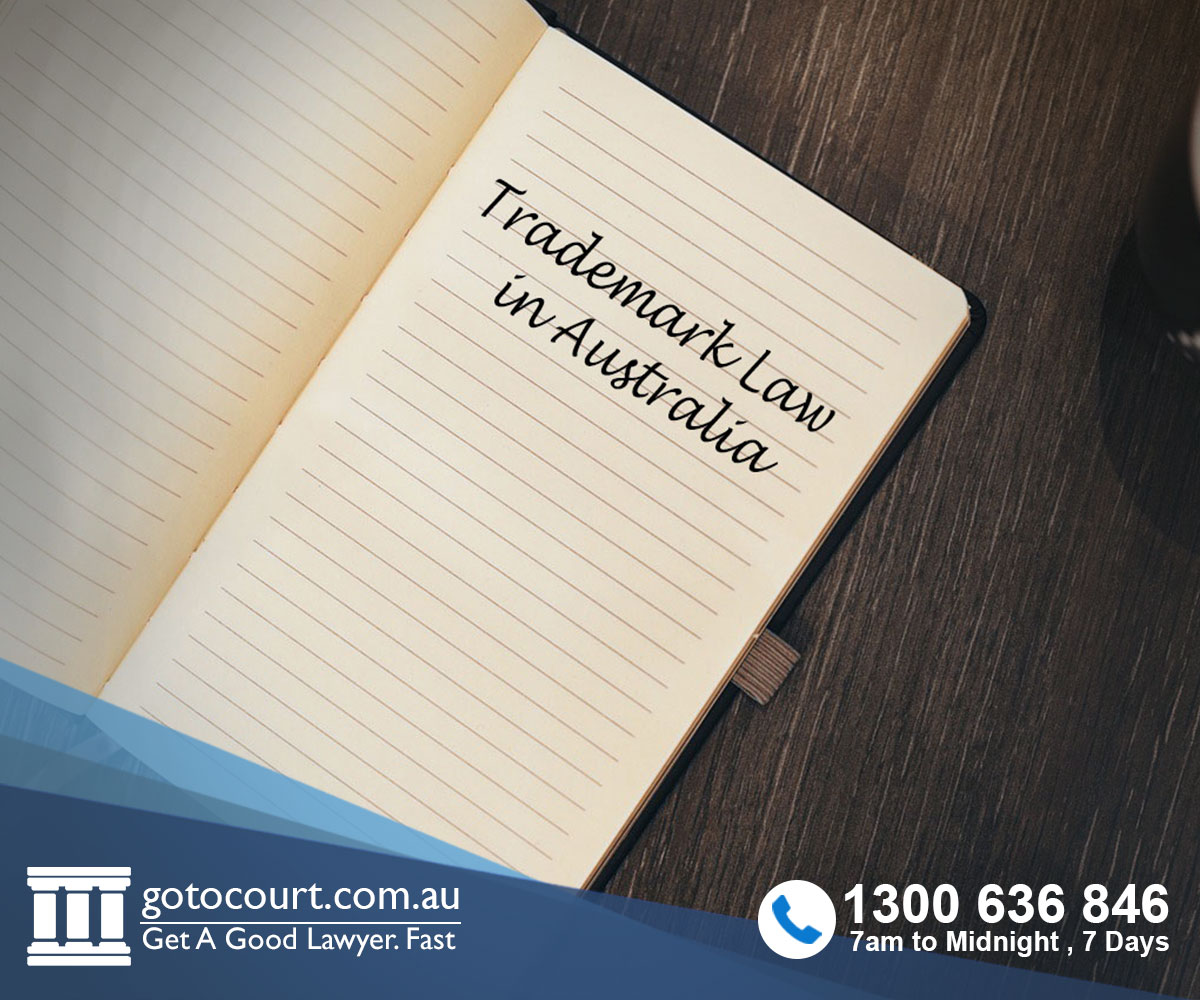Call our lawyers
now
or,
have our lawyers
call you
Commencing Bankruptcy Proceedings (NSW)
Updated on Oct 31, 2022 • 5 min read • 369 views • Copy Link
Commencing Bankruptcy Proceedings (NSW)
Bankruptcy proceedings are a method of enforcing judgment debts that involve the defendant being made bankrupt. Bankruptcy can affect a person’s ability to travel overseas, their employment and any business they may own. Bankruptcy can also affect your ability to obtain credit and your overall credit rating. Credit reporting agencies keep a record of bankruptcy for five years from the date of bankruptcy, or two years from when your bankruptcy ends, depending on which one is later.
National Personal Insolvency Index
The Bankrupt’s name will appear on the National Personal Insolvency Index (NPII). The NPII shows the following information:
- Name, date of birth, residential address and occupation that you disclose on your application
- Any previous names and aliases, if known
- The type of proceeding, the start date and the AFSA administration number
- The name and contact details of the trustee or administrator of the proceeding
- The current status of the proceeding e.g. whether you’re discharged from bankruptcy
What happens after bankruptcy?
Once a person is declared bankrupt, a trustee will manage their bankruptcy. They work with them and their creditors to achieve a fair and reasonable outcome for all parties involved. During bankruptcy, a person has an obligation to provide information to their trustee, including changes to their circumstances. This may involve supplying books, bank statements and other documents that the trustee asks them to provide.
When a person applies for voluntary bankruptcy, you can nominate a registered trustee of your choice. If you don’t nominate a trustee, the Official Trustee will normally be appointed. This is the Australian Financial Security Authority (AFSA). In some cases, the Official Trustee may transfer the administration of your estate to a registered trustee.
During the period of your bankruptcy, your trustee will also take control of any property you may own. The trustee will have control over your property and can sell it to help pay your debts. This can have serious implications especially in circumstances where property is jointly owned with another person.
In New South Wales, Bankruptcy proceedings can be commenced against any person who owes a debt in the sum of $5,000 or more.
Who can be subject to bankruptcy proceedings?
Any person can be subjected to bankruptcy proceedings. The only preclusion to commencing bankruptcy proceedings is where an individual is already bankrupt and has not been discharged from that bankruptcy.
Commencing proceedings
Before bankruptcy proceedings can be commenced, a Judgment for a debt must first be obtained in either the Local, District or Supreme Court against the person who owes money (the Judgment Debtor) by the person who is owed money (the Judgment Creditor).
Upon receipt of the Judgment, the creditor can draft and file a Bankruptcy Notice against the judgment debtor. The Bankruptcy Notice is filed online with the Australian Financial Security Authority after creating an account. Once a Bankruptcy Notice is filed, it must be personally served on the judgment debtor. This must be done within six months of filing. If a judgment debtor is unable to be served within this timeframe, the Bankruptcy Notice will lapse and need to be refiled. Once the Bankruptcy Notice is served, the judgment debtor has 21 days to pay the debt in its entirety or make arrangements for payment of the debt. If this does not occur within the 21-day period, an act of bankruptcy has occurred.
All new bankruptcy applications should be commenced using the forms approved under the Bankruptcy Rules. Both Bankruptcy Rules and the general court rules apply to the commencement of bankruptcy proceedings. All applications can be filed with the Registry. Formal requirements for documents filed in bankruptcy proceedings are set out in Rule 1.07(5) and Form B1 of the Bankruptcy Rules and Federal Court Rules 2011. Formal requirements for Affidavits filed in the FCA are set out in Rules 29.01 to 29.03 of the Federal Court Rules 2011 but modified to include the heading in approved form B1 prescribed by rule 1.07(5). The forms used in bankruptcy proceedings in the FCA are available in Forms. After this time, proceedings formally commence in the Federal Court.
Applications for Bankruptcy Notices are governed by Section 4.01 of the Bankruptcy Regulations 1996, which requires that an application be lodged in the approved form along with a copy of the sealed or certified judgment order, a certificate of the judgment or order or a copy of the entry of the judgment sealed by the court or signed by a court officer.
All documents commencing or relevant to an existing bankruptcy matter can be filed online by eLodging the documents with the Registry using the eLodgement facility on the court website
An application must then be filed for what is known as a sequestration order. Applications for sequestration orders are made by presenting a Creditor’s Petition using Form B6, supported by affidavits in compliance with the Bankruptcy Rules. Once filed, an Applicant can expect to receive a first hearing date within two to six weeks of filing an application, depending on the nature of the application.
If you require legal advice or representation in a bankruptcy matter or in any other legal matter, please contact Go To Court Lawyers.

Affordable Lawyers
Our Go To Court Lawyers will assist you in all areas of law. We specialise in providing legal advice urgently – at the time when you need it most. If you need a lawyer right now, today, we can help you – no matter where you are in Australia.How It Works







1. You speak directly to a lawyer
When you call the Go To Court Legal Hotline, you will be connected directly to a lawyer, every time.


2. Get your legal situation assessed
We determine the best way forward in your legal matter, free of charge. If you want to go ahead and book a face-to-face appointment, we will connect you with a specialist in your local area.


3. We arrange everything as needed
If you want to go ahead and book a fact-to-face appointment, we will connect you with a specialist in your local area no matter where you are and even at very short notice.













